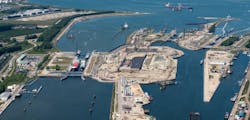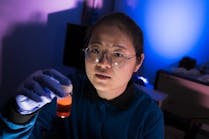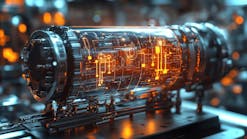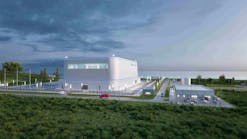New York Governor signs multi-state agreement to build Regional Hydrogen Hub
New York Governor Kathy Hochul has announced a multi-state agreement with 40 hydrogen ecosystem partners to establish a regional clean energy hydrogen hub – one of no less than four such hubs designated through the federal Regional Clean Hydrogen Hubs program under the Infrastructure Investment and Jobs Act.
The consortium includes Connecticut, Massachusetts, and New Jersey and key neighbors on the I-95 corridor. Other partners include BAE Systems, Alliance Energy Group, Columbia University, Cummins, Cornell University, the New York Power Authority and the University at Buffalo.
The consortium will collaborate with NYSERDA, NYPA, and ESD on the hydrogen projects. The states will coordinate with the concerned state entities to align the efforts with the climate-related goals of each state, including Connecticut’s Global Warming Solutions Act aimed at reducing GHG emissions by 80% by 2050, Massachusetts’ goal to be carbon neutral by that time and New Jersey’s Global Warming Response Act aimed at reducing GHG emissions by 80%.
The Hydrogen Revolution in EnergyTech
GM may expand market for H2-based generators into Mission Critical sectors
Et tu H2? Can truly Green Hydrogen joins Solar and Storage in overthrowing the Carbon Kings?
“Expanding the hydrogen market is critical to New York’s aggressive pursuit of clean-energy alternatives that will supercharge our economy and advance our climate goals,” Gov. Hochul said. “Coalitions like this one serve as a model to the nation on the collaboration that is required to meet this moment and bring us closer to a carbon-neutral future, and I thank Governors Lamont, Baker and Murphy for their partnership.”
The consortium will also develop a proposal in response to the United States Department of Energy (DOE) Funding Opportunity Announcement that will make $8 billion in funding available.
The partners will also perform research and analysis to support the hub proposal and develop a framework to offer a shared ecosystem across partner states for innovation, infrastructure, production and workforce development related to the project.
The consortium will continue to seek additional partners in the region. Future partners may include fuel cell solution providers, electrolyzer suppliers, utilities, community organizations, government agencies, community colleges and industrial partners.





